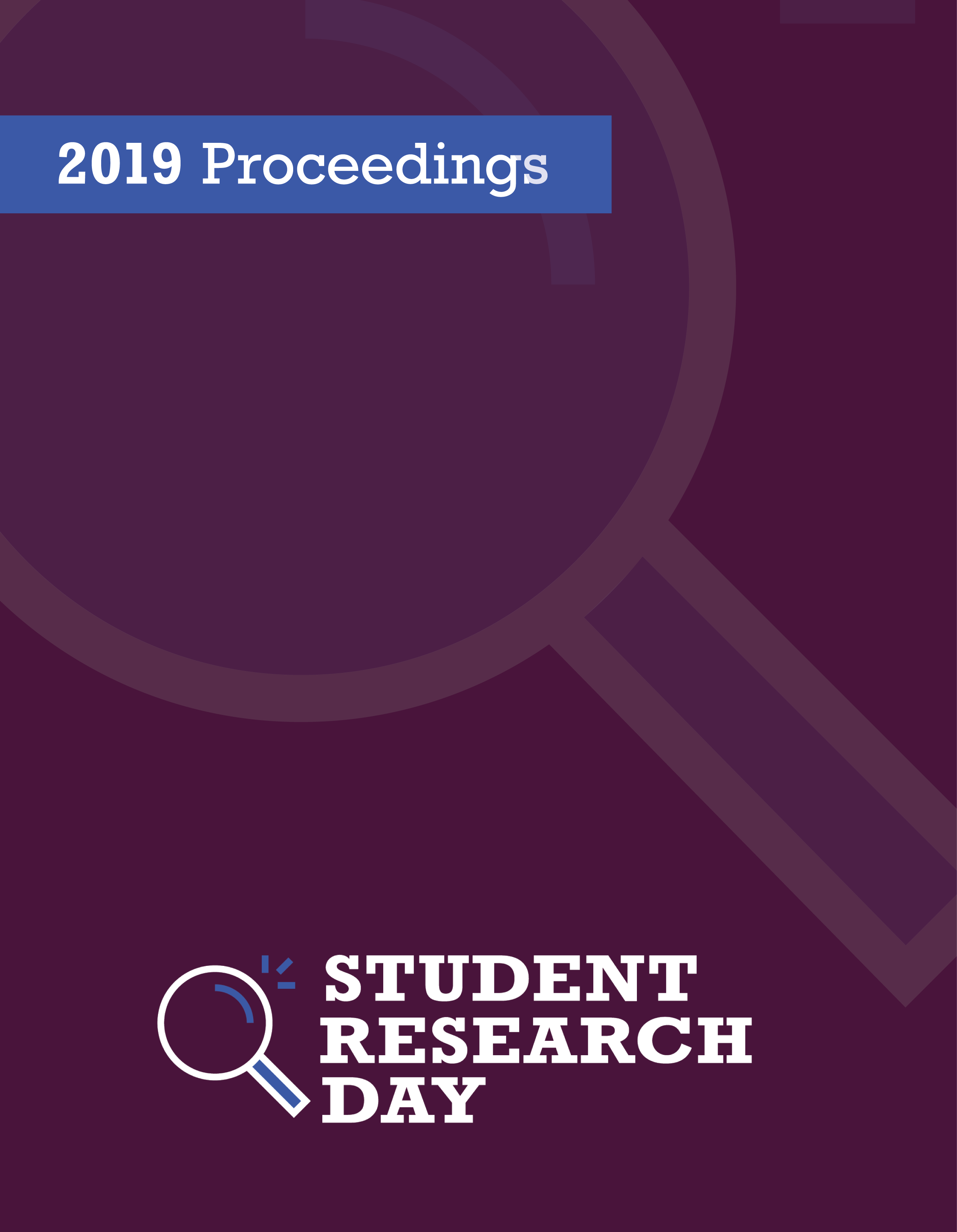Education and Democracy
Plato and the Idea of Liberal Education
Abstract
The topic of education is inherently political because political views are always based on what is believed to be true. This is of particular importance in democracies because they place political responsibility on individual citizens. But, while democracies emphasize the individual freedom of their citizens, democratic structures also require democratic-minded citizens in order to continue existing, and purposefully indoctrinating citizens in democratic values necessarily limits individual freedom. This creates a tension between individual freedom and the survival of the democratic structures which promote individual freedom in the first place, and this tension is inherent in all discussions of democratic education. Discussion of this tension often comes into contact with the idea of "liberal education", education designed to promote individual freedom while maintaining democratic institutions. My paper examines scholarly discussion of liberal education and returns to Plato to examine this tension. Plato is of particular interest because his works express the same tension between liberal and illiberal ideas that we see in democracy, and because his works were addressed to a democracy that his works are often critical of. Ultimately, we can consider the works of Plato to be not only about liberal education; because they are addressed to a democratic audience his works are themselves examples of liberal education.
Faculty Mentor: Gaelan Murphy
Department: Political Science (Honours)
References
Published
Issue
Section
License
Authors retain any and all existing copyright to works contributed to these proceedings.



